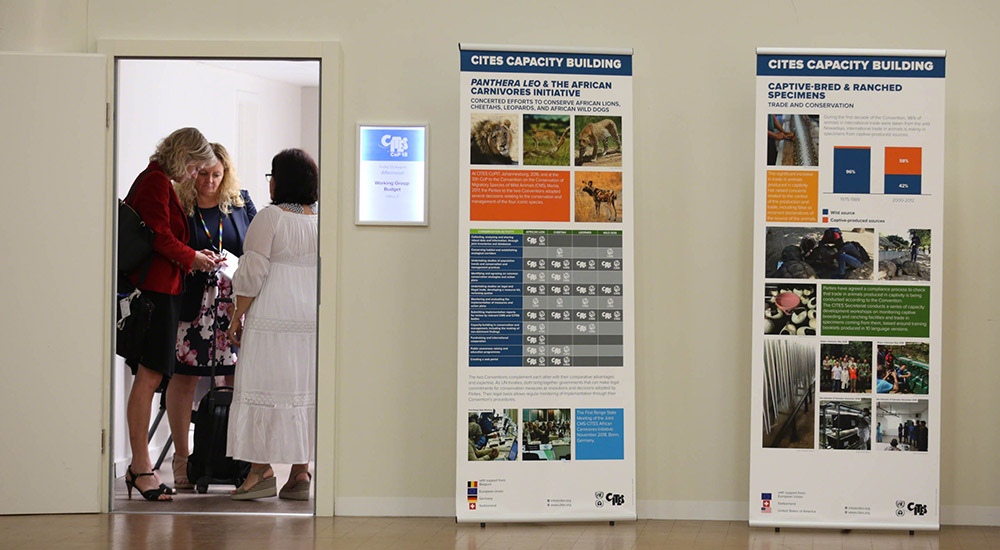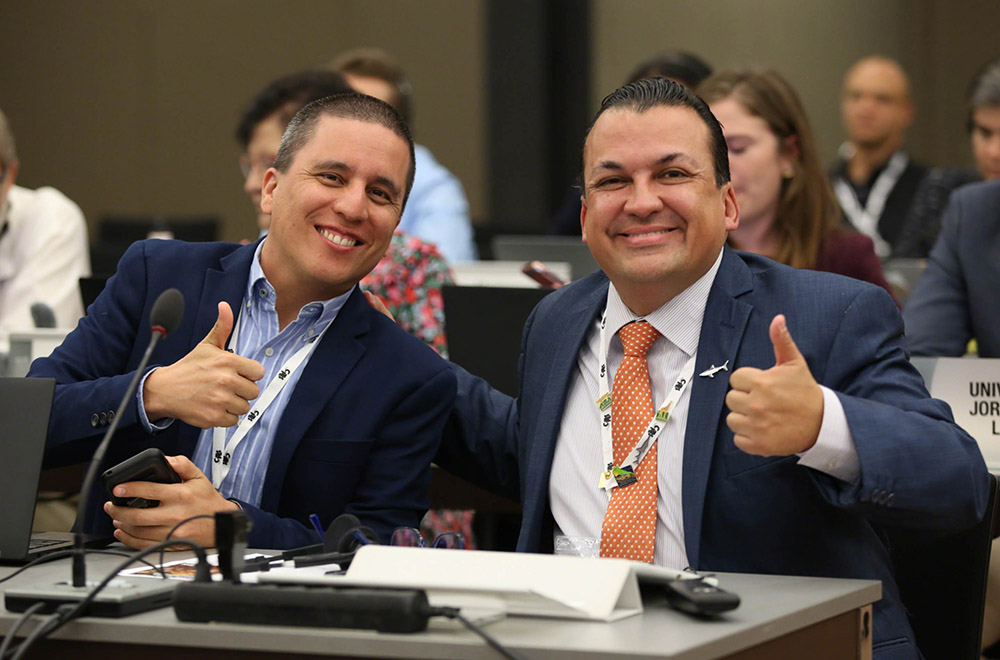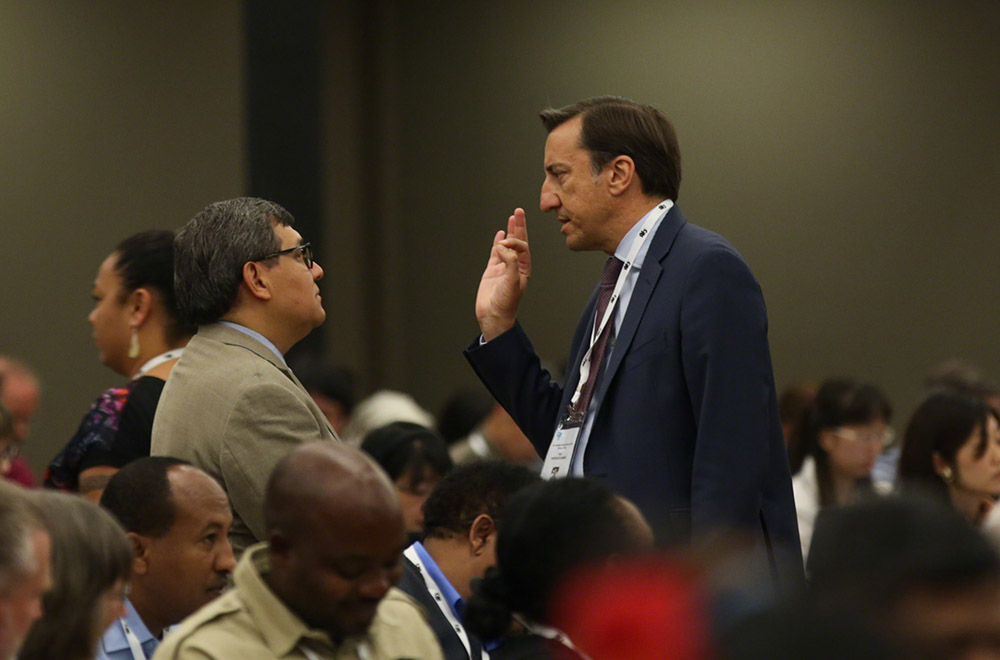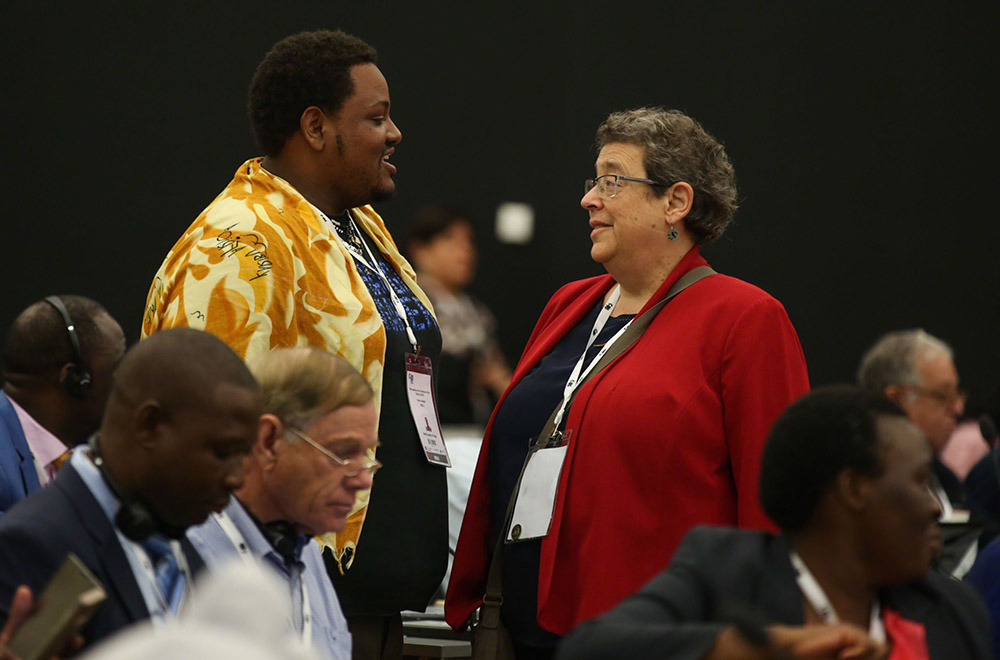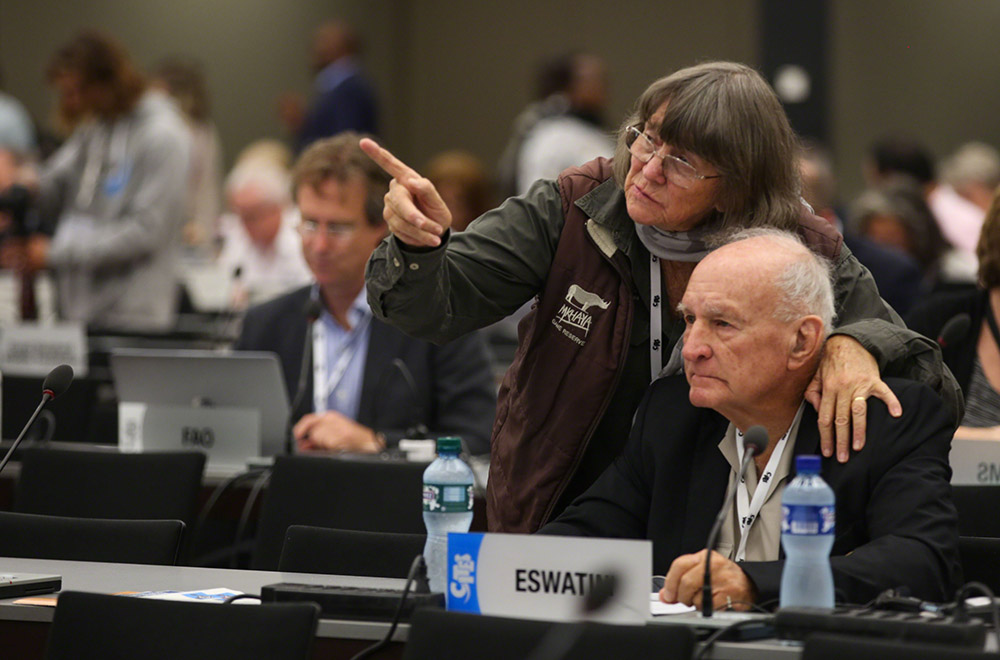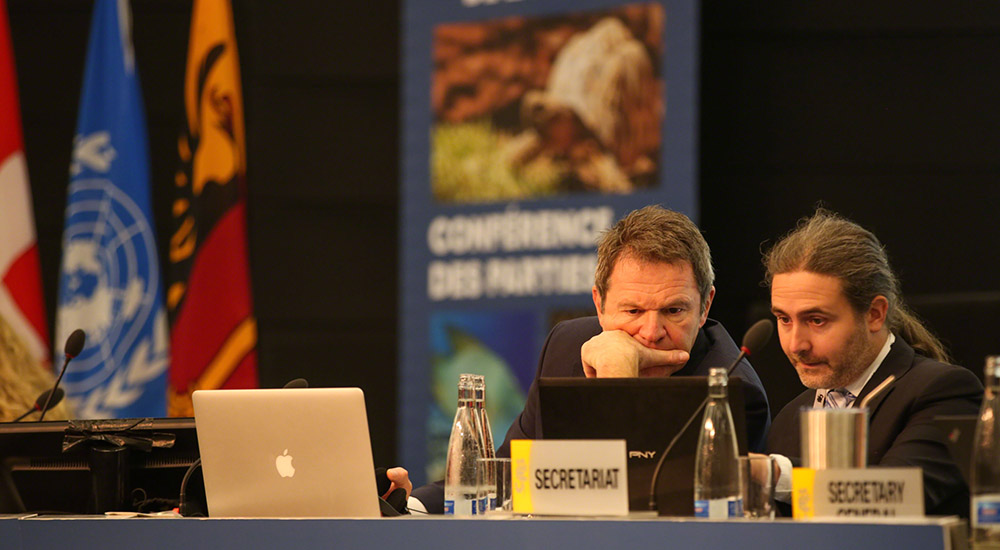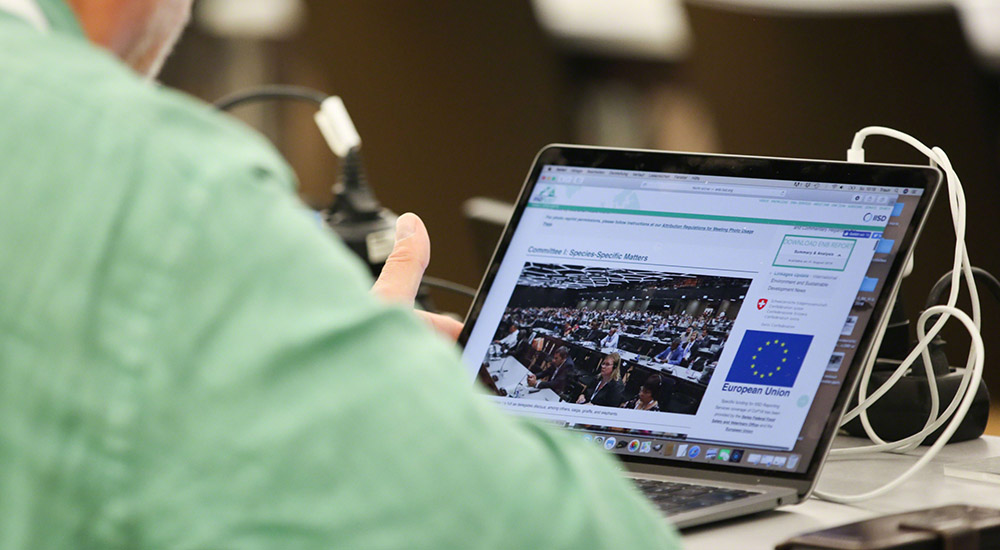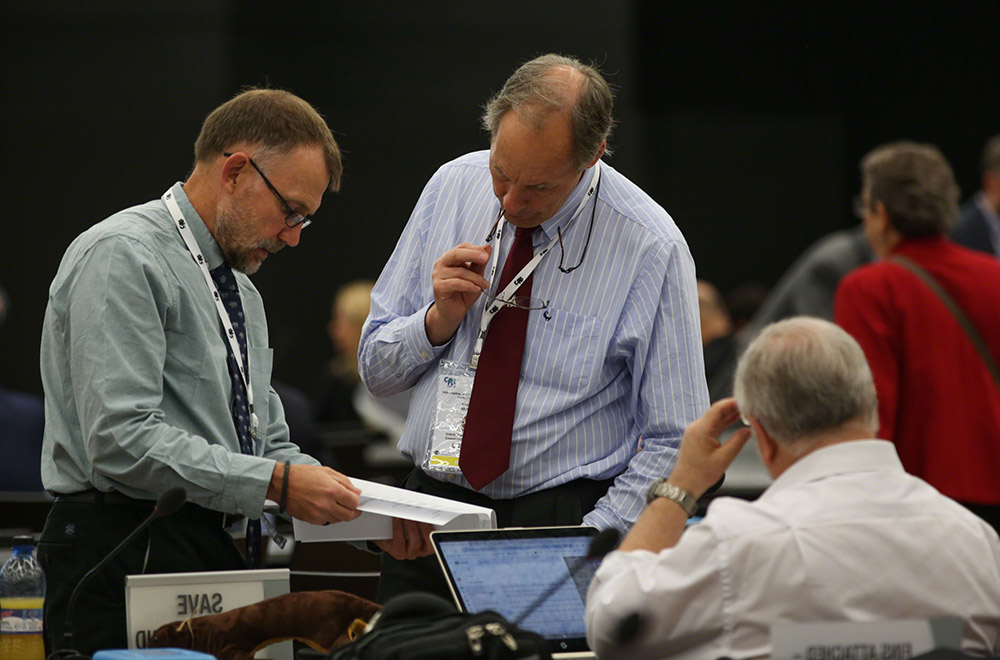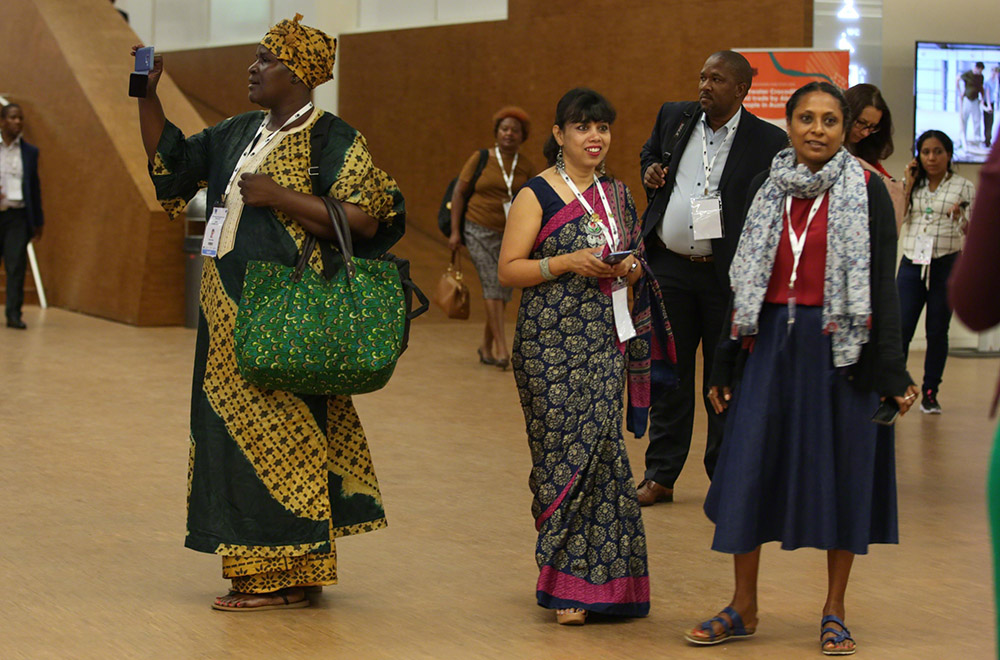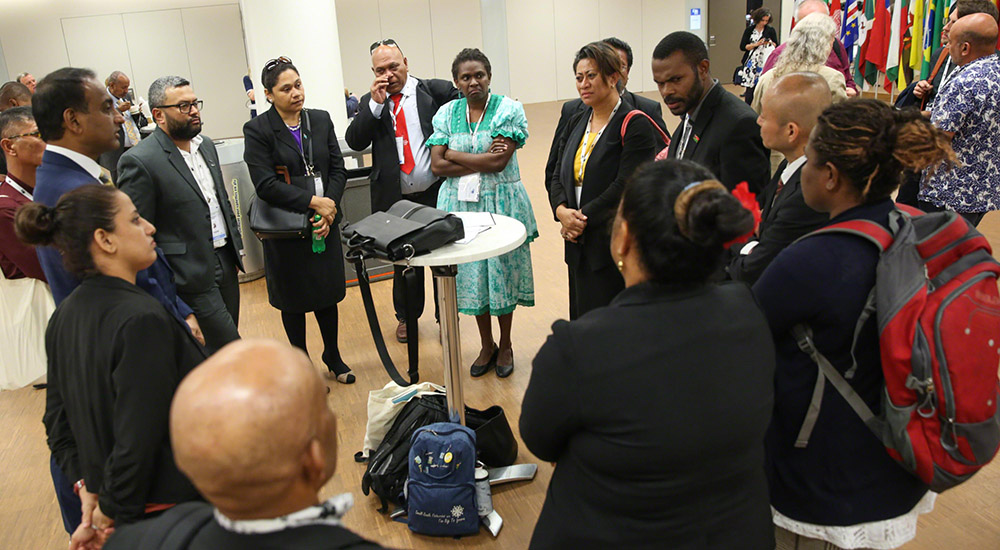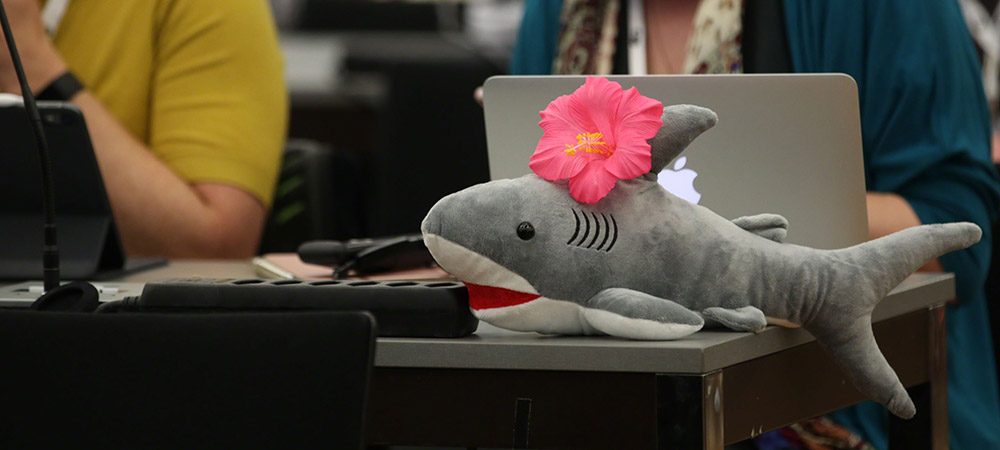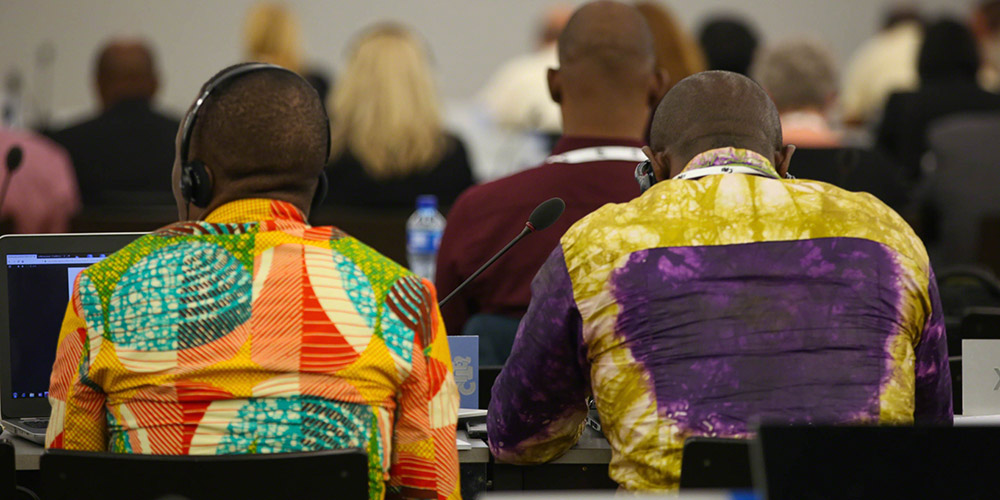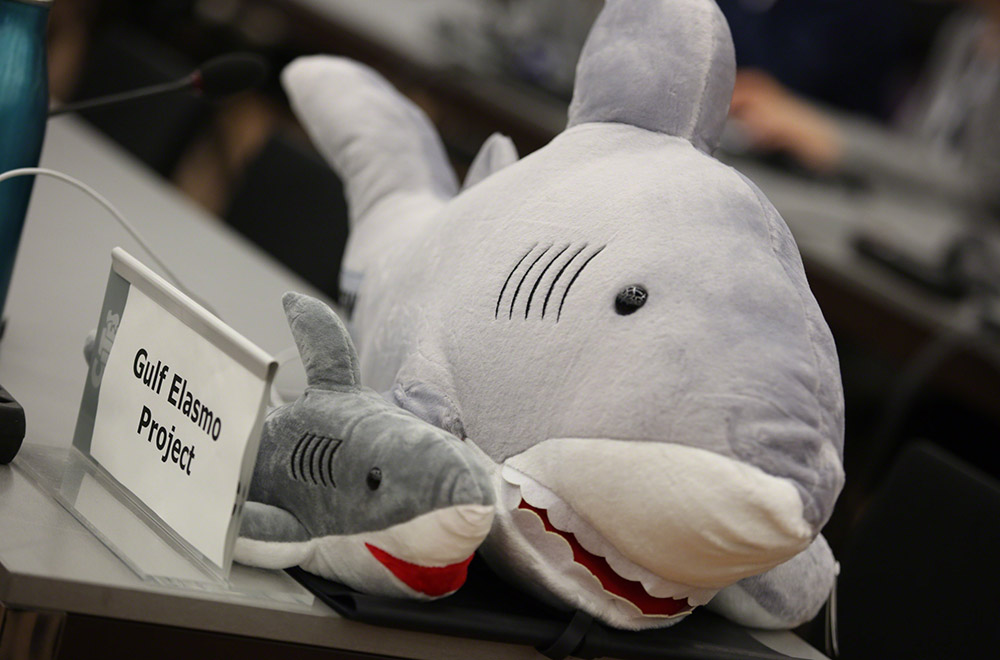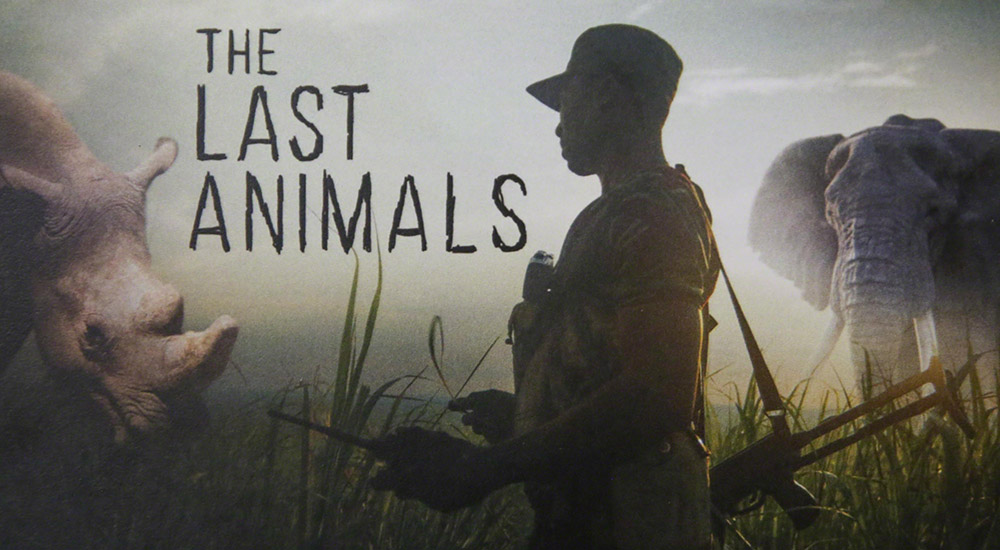Summary
Highlights for Sunday, 25 August 2019

Committee I began the morning under the sea, with the consideration of proposals on mako sharks, guitarfishes, wedgefishes and sea cucumbers.Mexico introduced the proposal to include Shortfin mako sharks and Longfin mako sharks in Appendix II. Co-proponents Gabon, Costa Rica, EU, and others stressed that the current scientific evidence available makes clear the urgent need for regulation, recognizing that existing voluntary sustainable use measures, including those of regional fisheries management organizations (RFMOs), are ineffective. New Zealand, Antigua and Barbuda, Malaysia, Japan, and others opposed this listing on the basis that global Mako shark populations are more robust than suggested by the proponents, pointing to the conclusions of a recent Food and Agriculture Organization of the UN (FAO) report. In a secret ballot, Committee I adopted the proposal, with 102 in favor and 40 against.Senegal introduced the proposal to list guitarfishes under Appendix II given declines caused by widespread and largely unmanaged fisheries. Fiji, Nigeria, Comoros, the US, and others supported the proposal, highlighting the need for trade regulation. St. Kitts and Nevis, Japan, and Malaysia opposed it, with Malaysia and China asking for secret ballot voting. In a secret ballot, Committee I voted to adopt the proposal, with 109 in favor and 30 against.Sri Lanka introduced the proposal to list wedgefishes in Appendix II, arguing that an Appendix II listing would raise awareness of the species’ vulnerability and facilitate greater regional cooperation to ensure sustainable use. Egypt, Fiji, Kenya, and other co-proponents argued that an Appendix II listing would have important conservation benefits given the high value of wedgefish fins in international trade. Indonesia, Malaysia and Japan opposed the proposal, pointing to the inconclusive data on the status of global wedgefish stocks, as found by an FAO expert panel report, and the significant implementation challenges implicated by an Appendix II listing. In a secret ballot, Committee I voted to adopt the proposal, with 112 in favor and 30 against.In the afternoon, delegates considered proposals on otters, southern white rhino, and mammoths, among others.Committee II meanwhile discussed pangolins, the African grey parrot, and tortoises and freshwater turtles, among other matters. The Committee considered a proposal for pangolin range States to develop in situ conservation and management programs, and for the Secretariat to develop conversion parameters that will enable reliable determination of the number of animals associated with the quantity of pangolin scales seized. Several Parties highlighted the large seizures of illegally traded pangolin in recent months, and China reported that pangolin scales from its seizures are now available for controlled use in designated hospitals and through registered doctors. Many expressed support for conservation activities in range States, and some also called for increased enforcement and demand-reduction activities.The Plants Committee presented its work on developing a definition of the term ‘artificially propagated’, and Parties in Committee II welcomed the introduction of a new source code ‘Y’ to refer to the assisted production of plants that are neither ‘artificially propagated’ nor ‘wild’, as they are propagated or planted in an environment with some level of human intervention. Georgia noted the new source code would benefit the trade in snowdrop bulbs, which grow in areas where maize and hazelnut are cultivated, supporting rural livelihoods.
IISD Reporting Services, through its ENB Meeting Coverage, provided daily web coverage and a summary and analysis report from CITES CoP18.
Photos by IISD/ENB | Kiara Worth
For photo reprint permissions, please follow instructions at our Attribution Regulations for Meeting Photo Usage Page.
Committee I: Species-Specific Matters
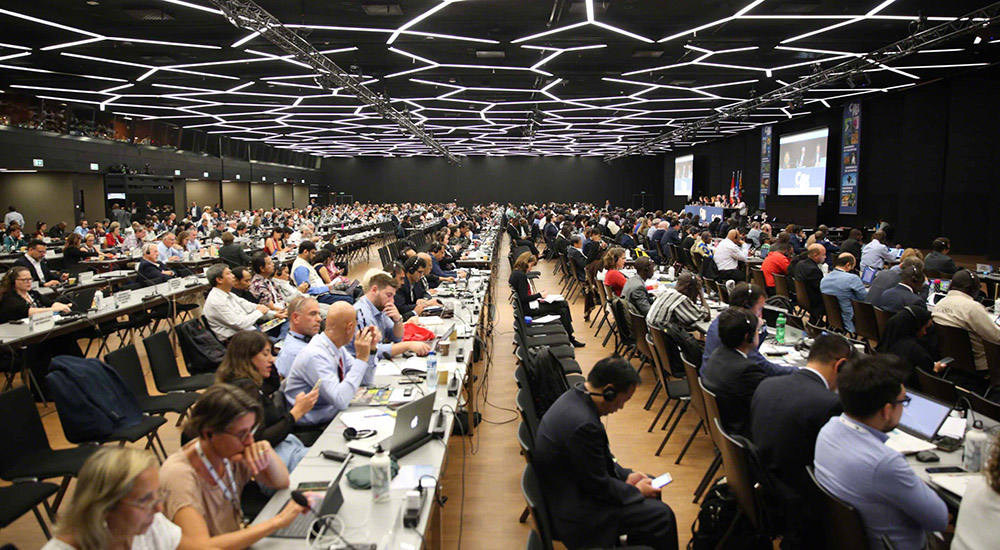
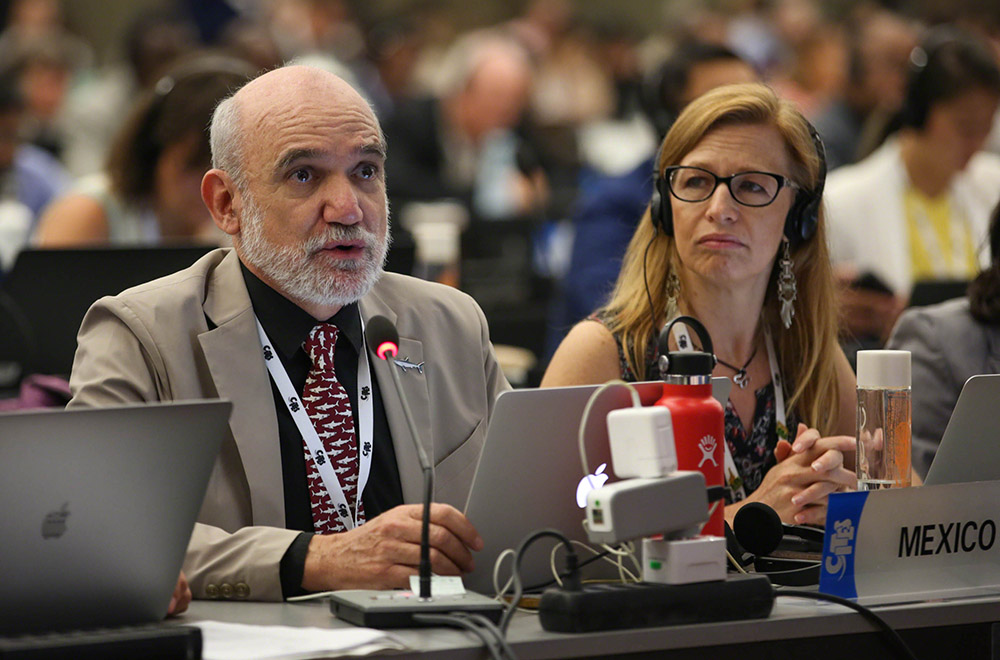
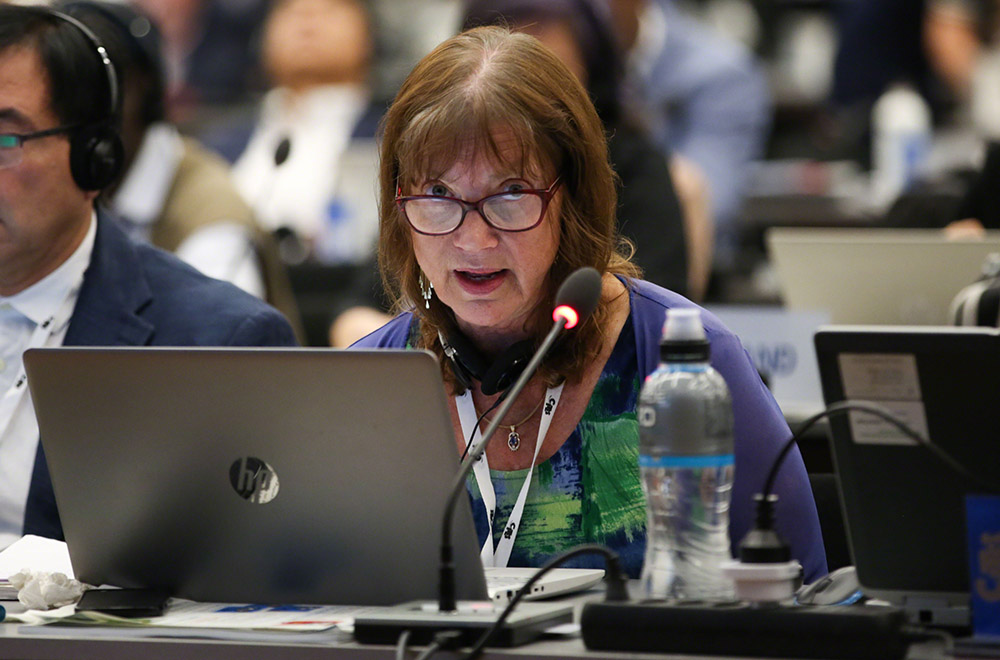
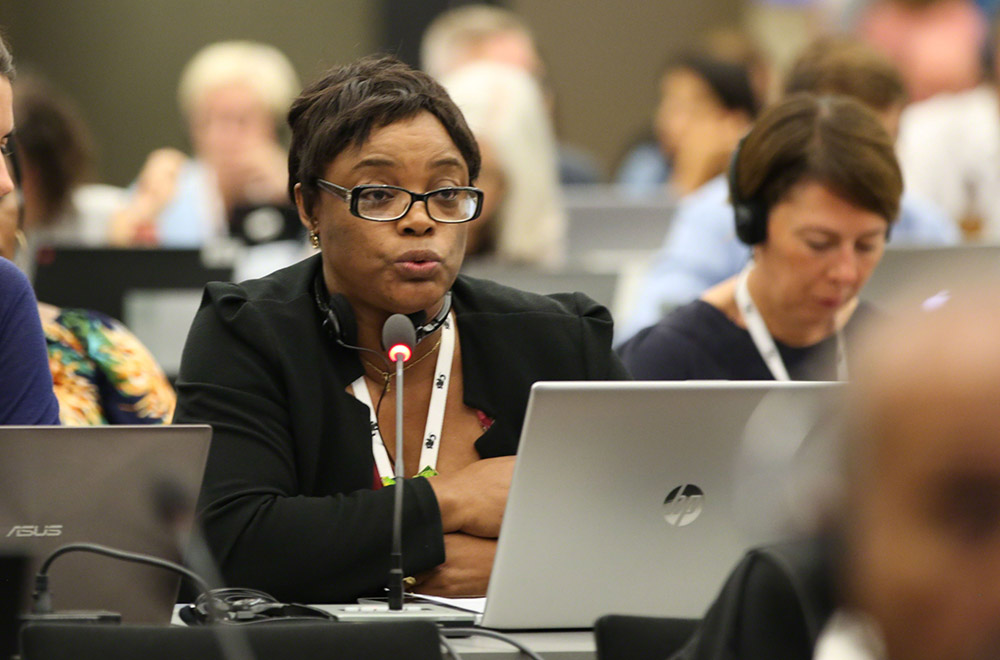
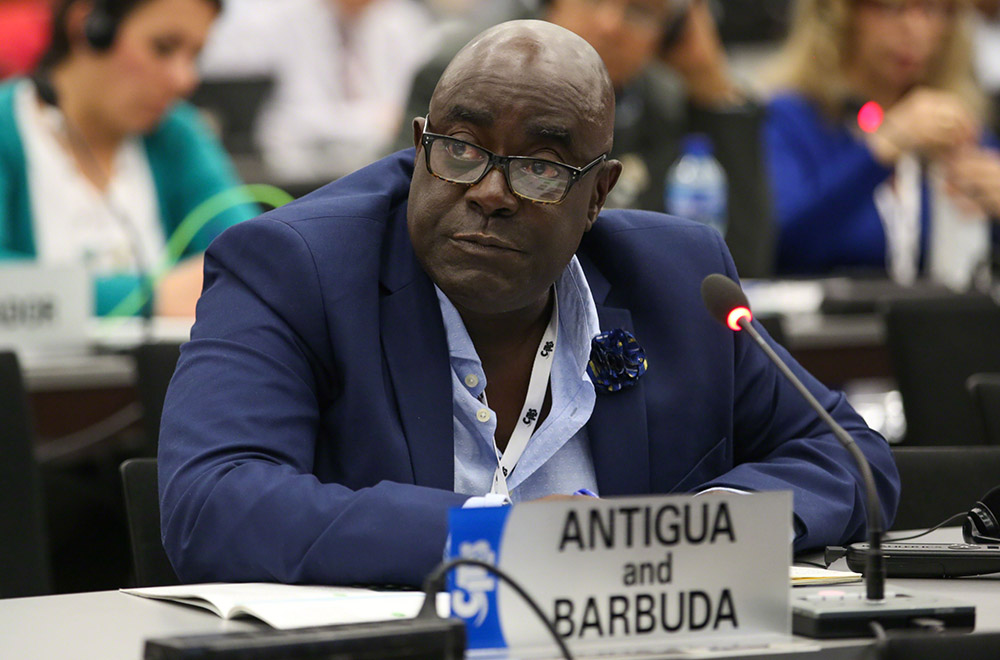
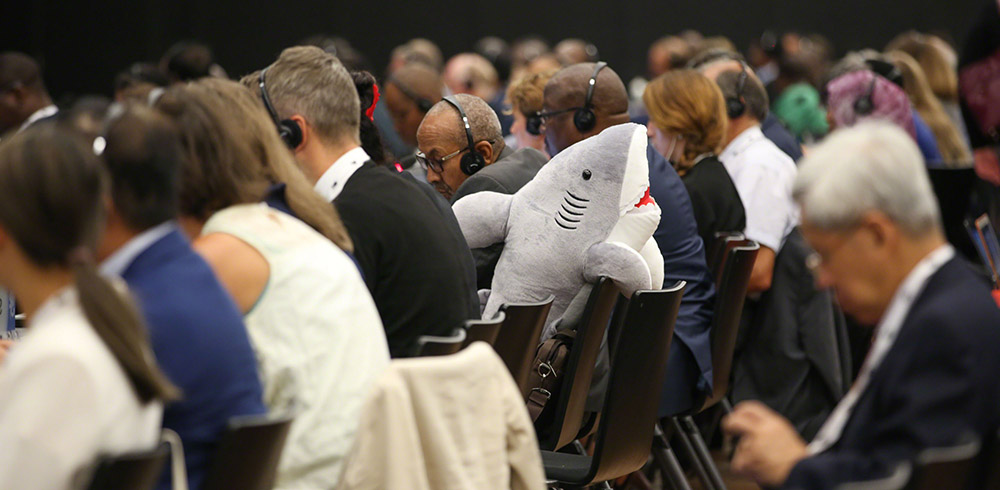
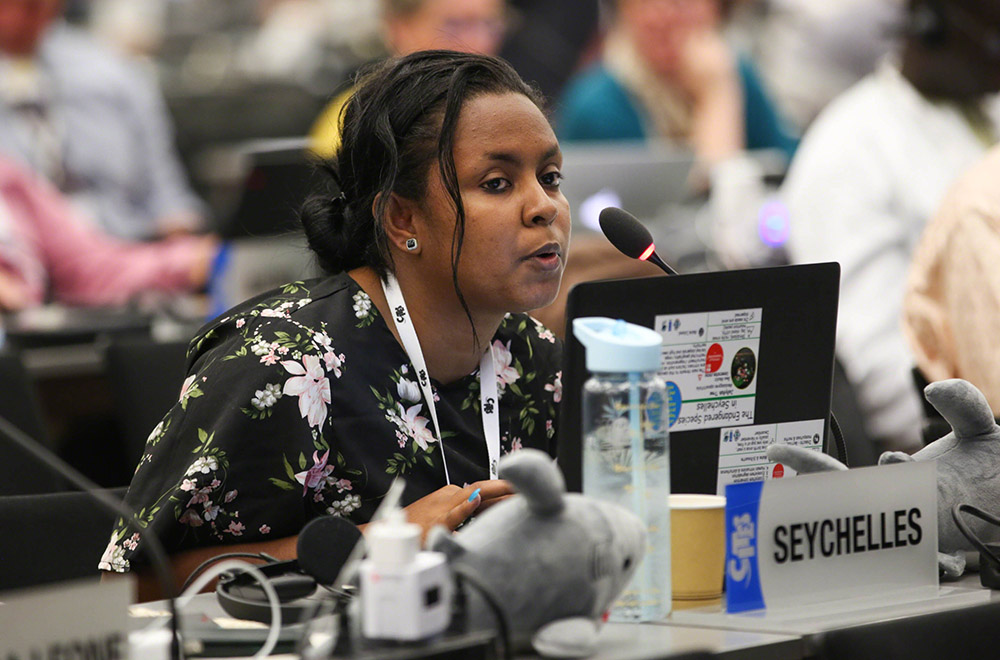
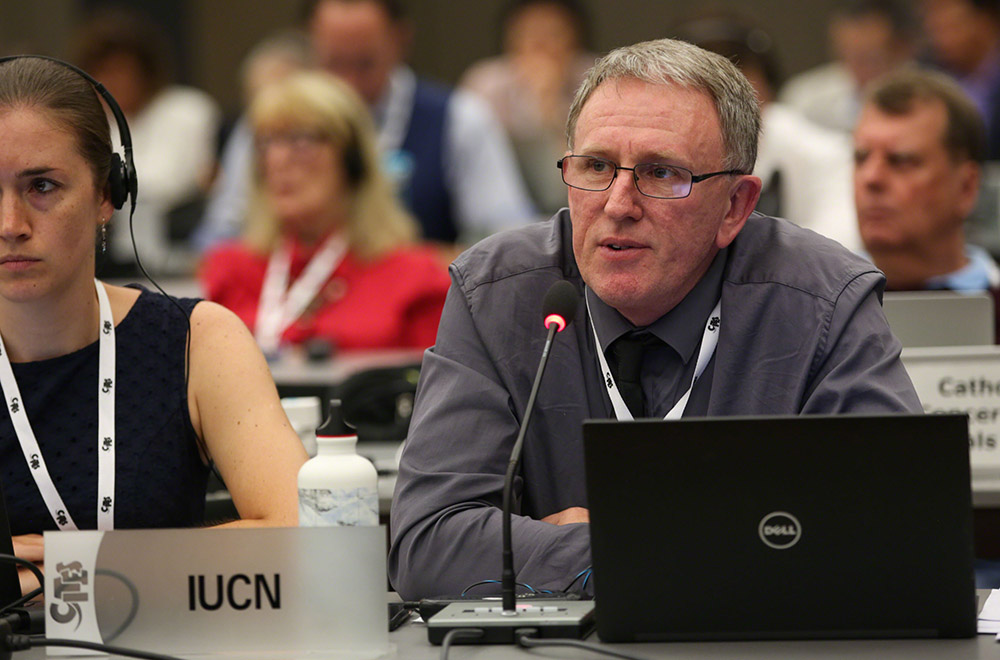
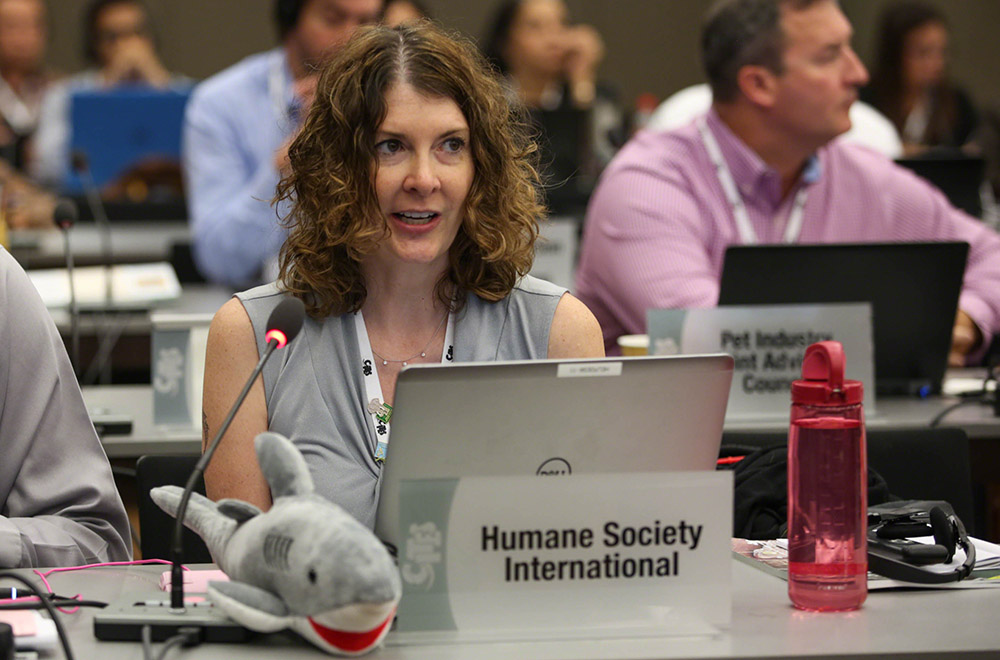
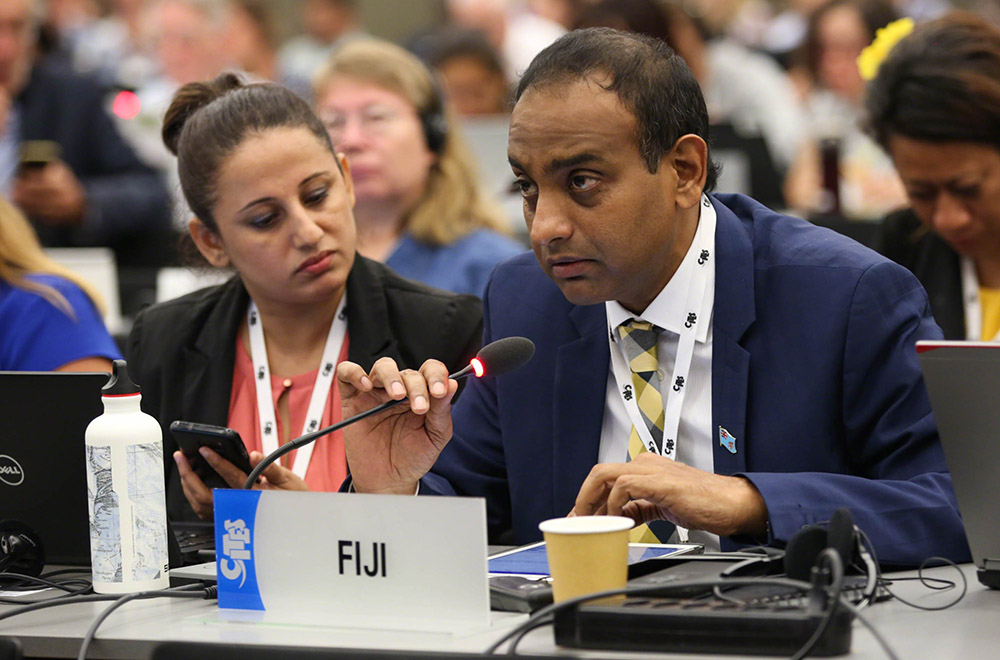

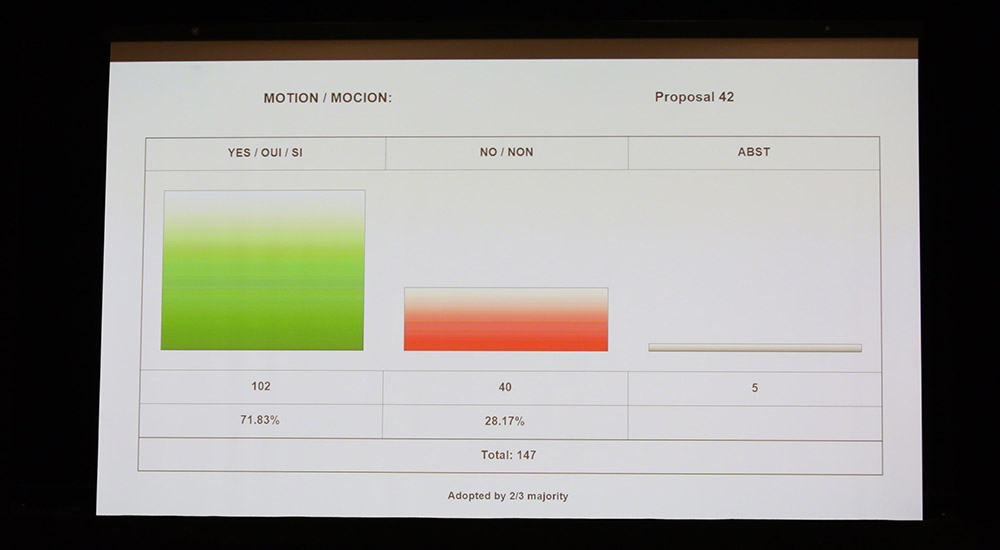

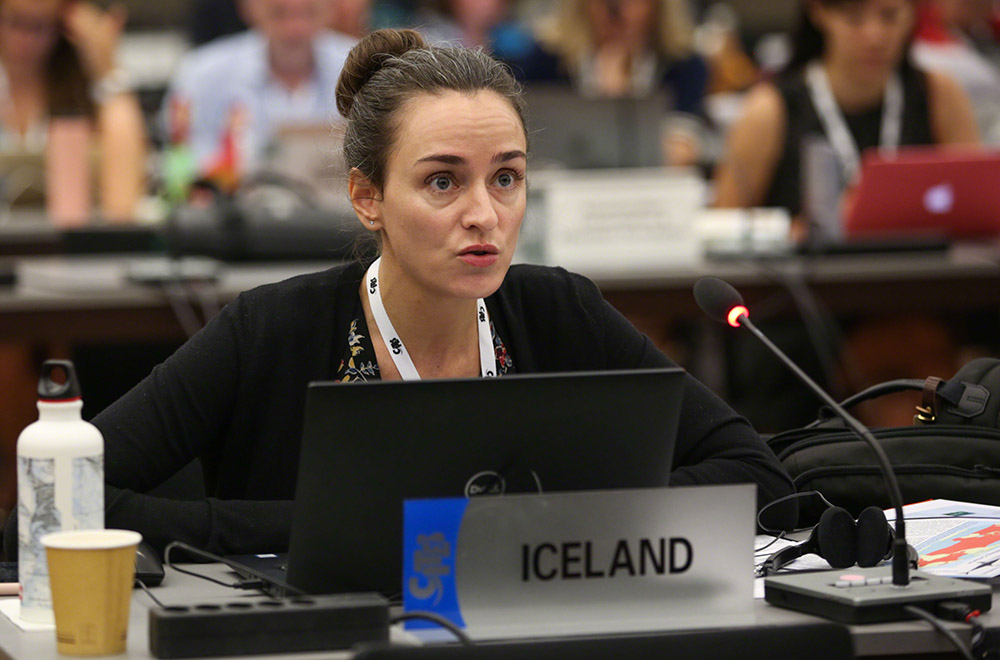
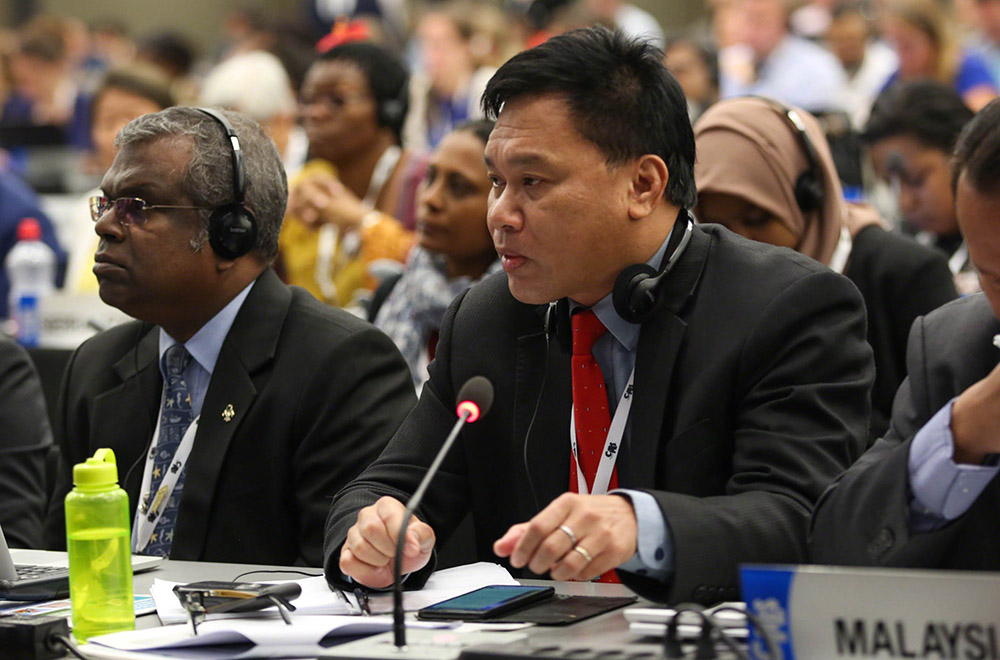
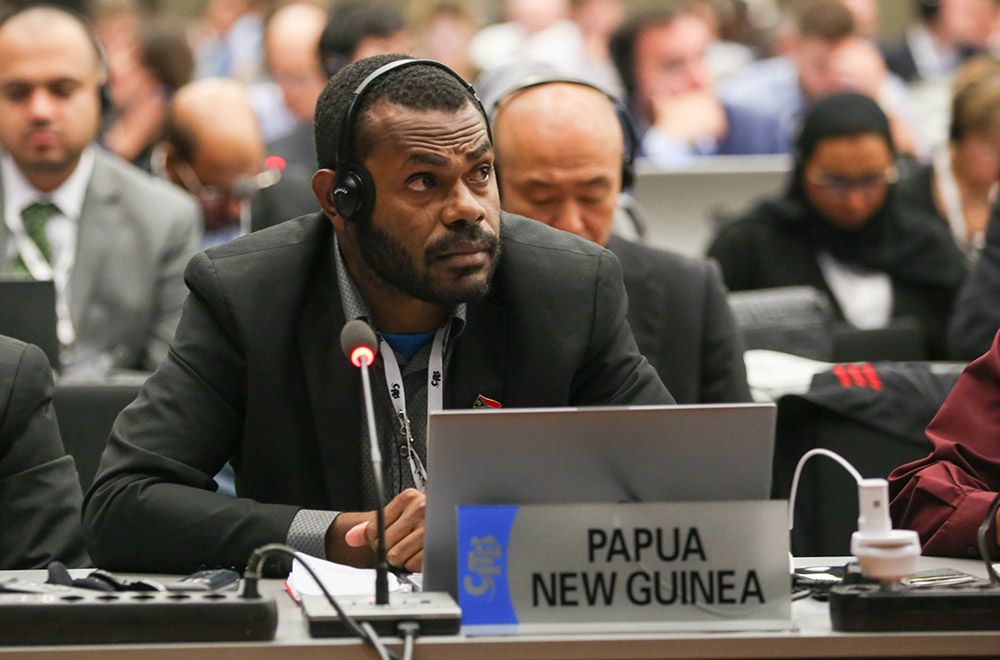
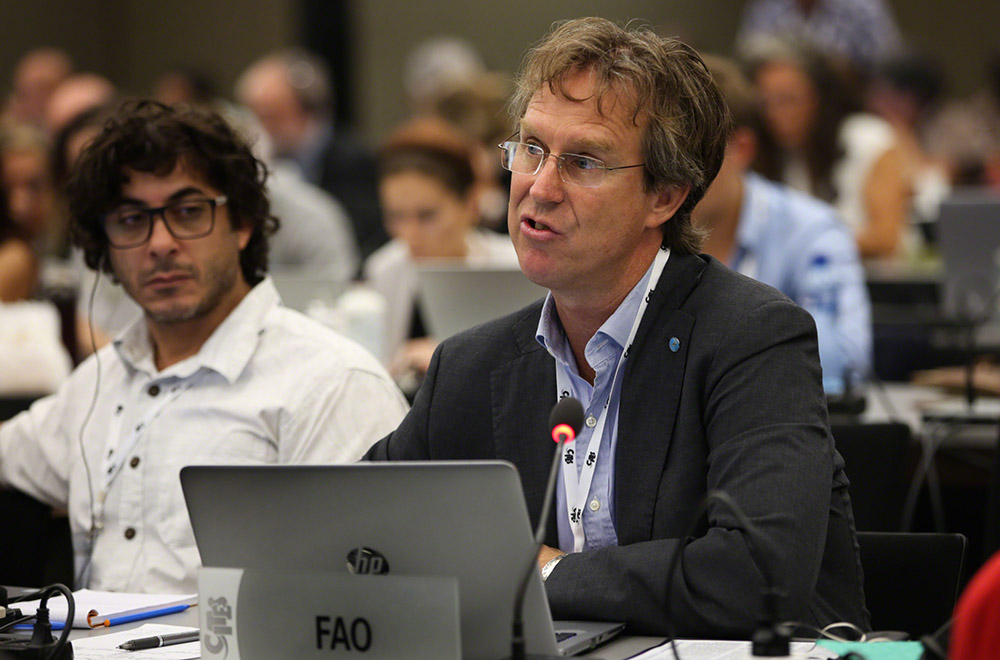
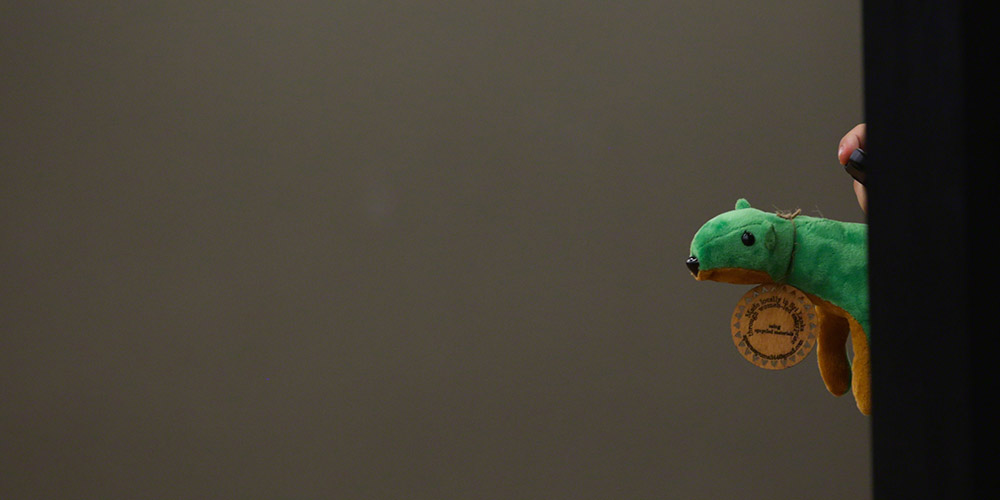
Committee II: Interpretation and Implementation Matters
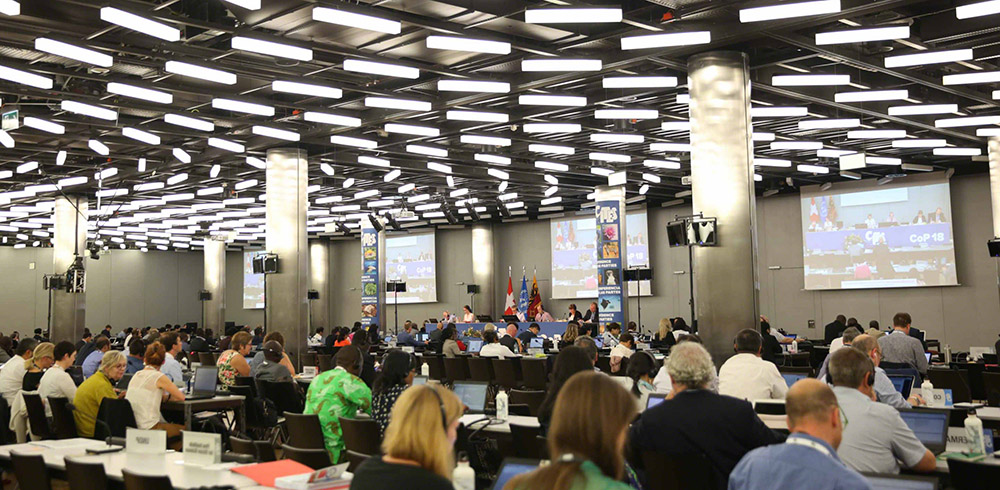
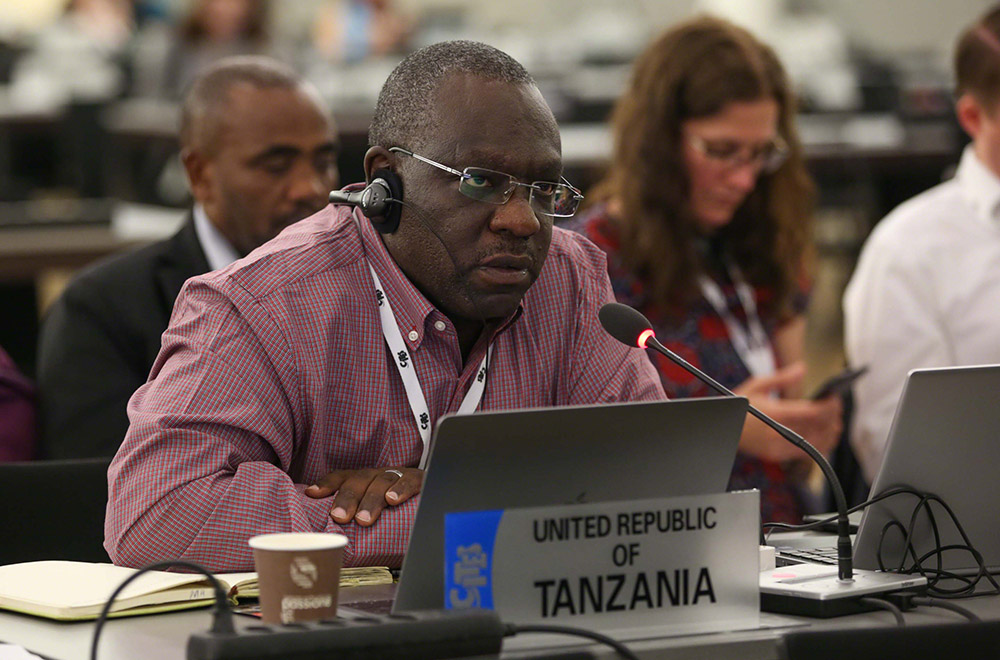
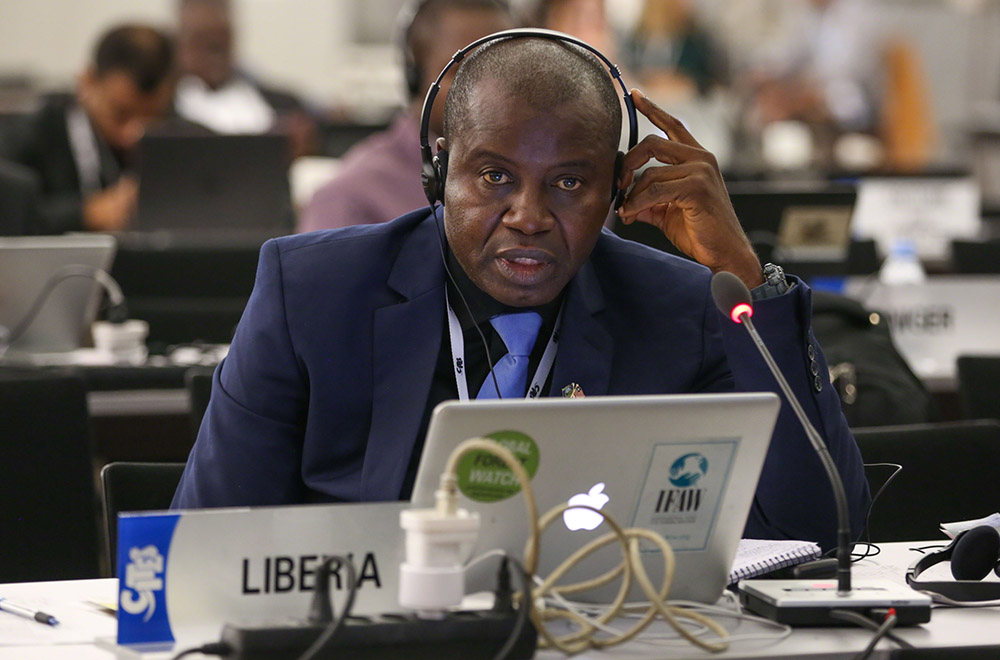
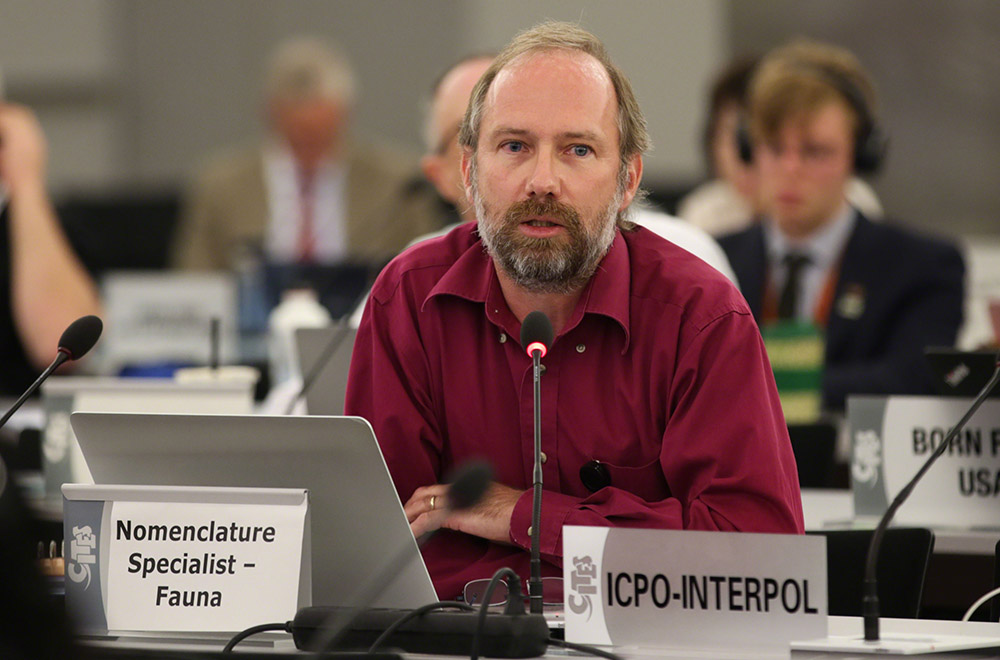
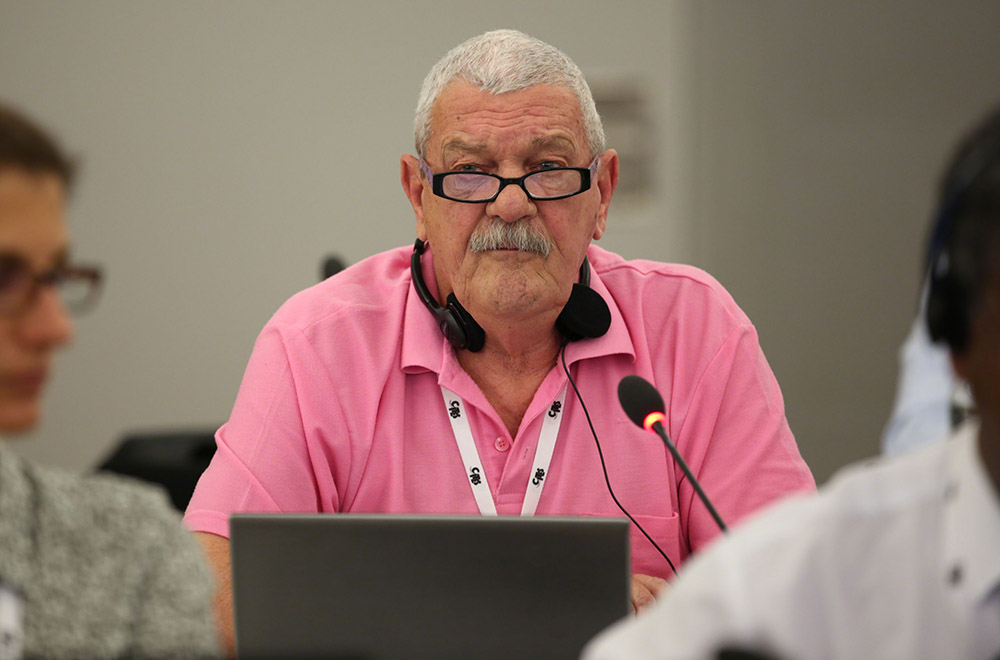
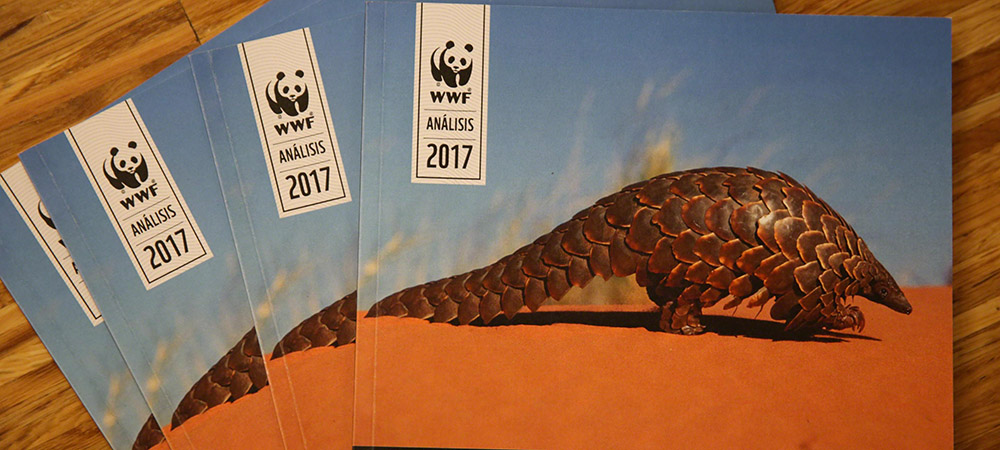

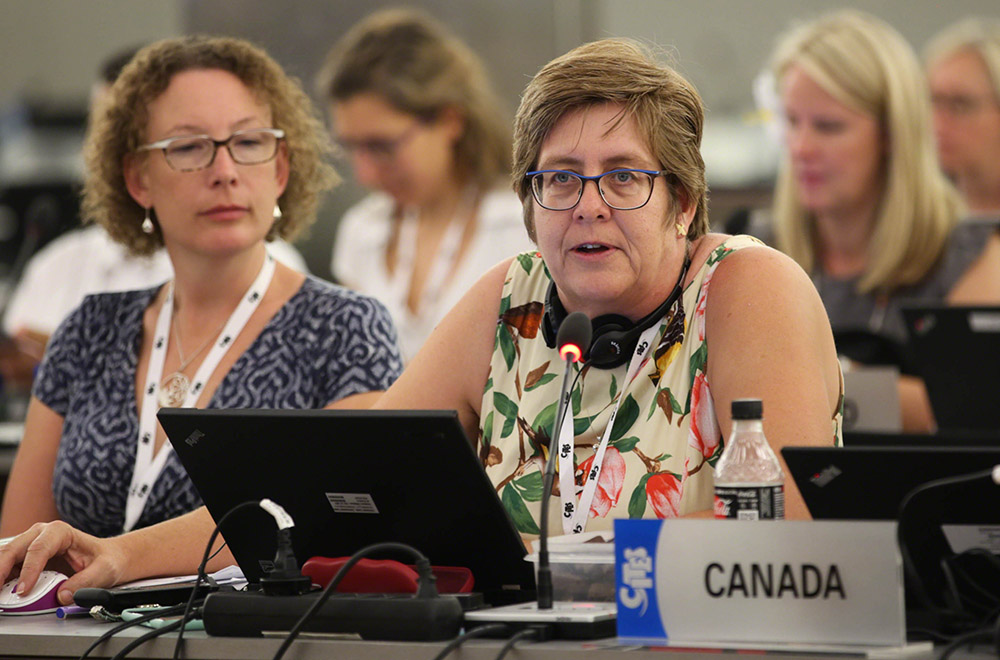
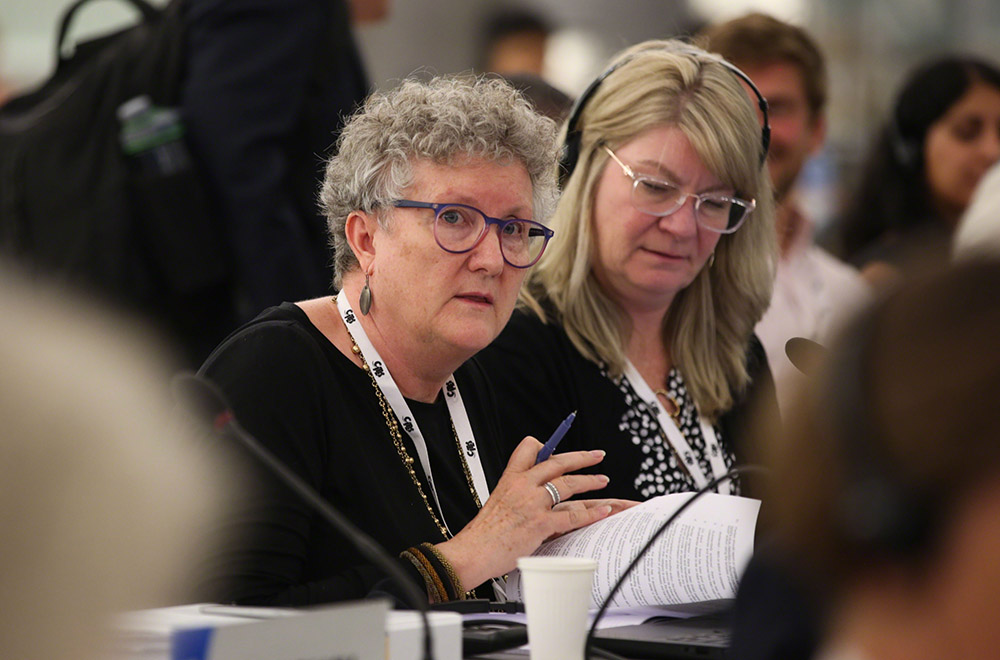
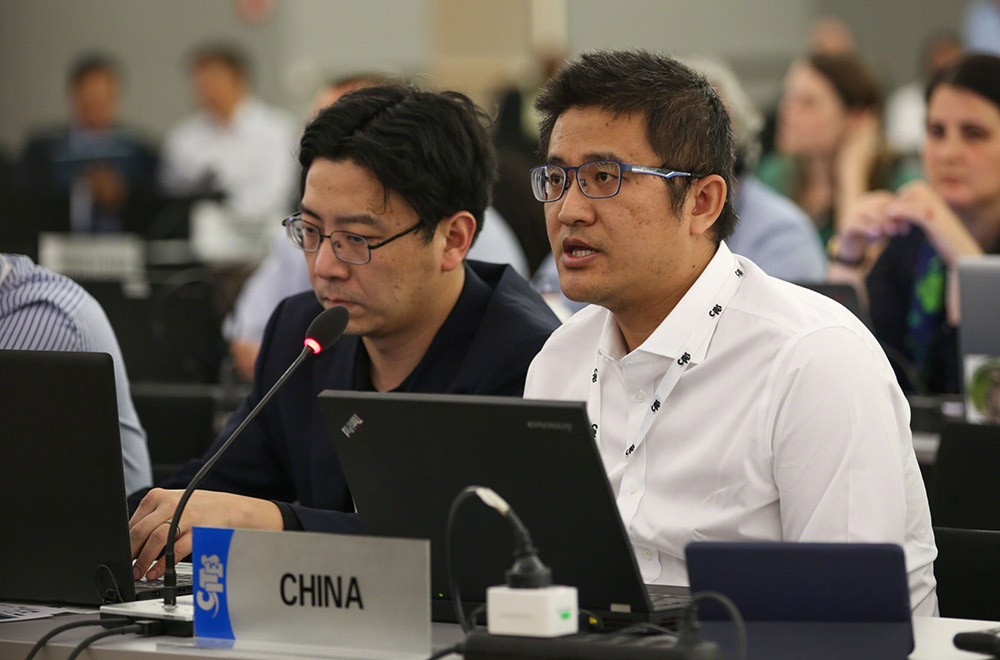
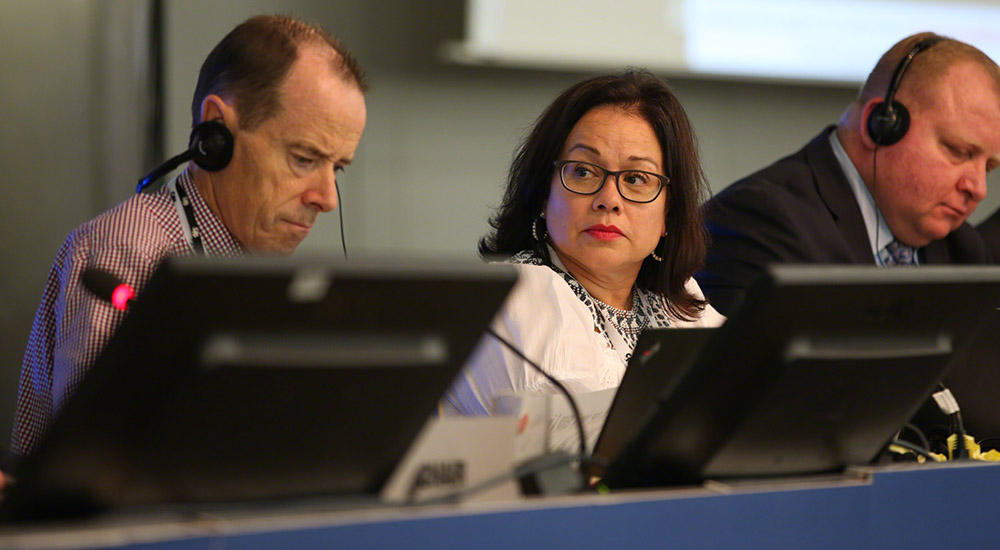
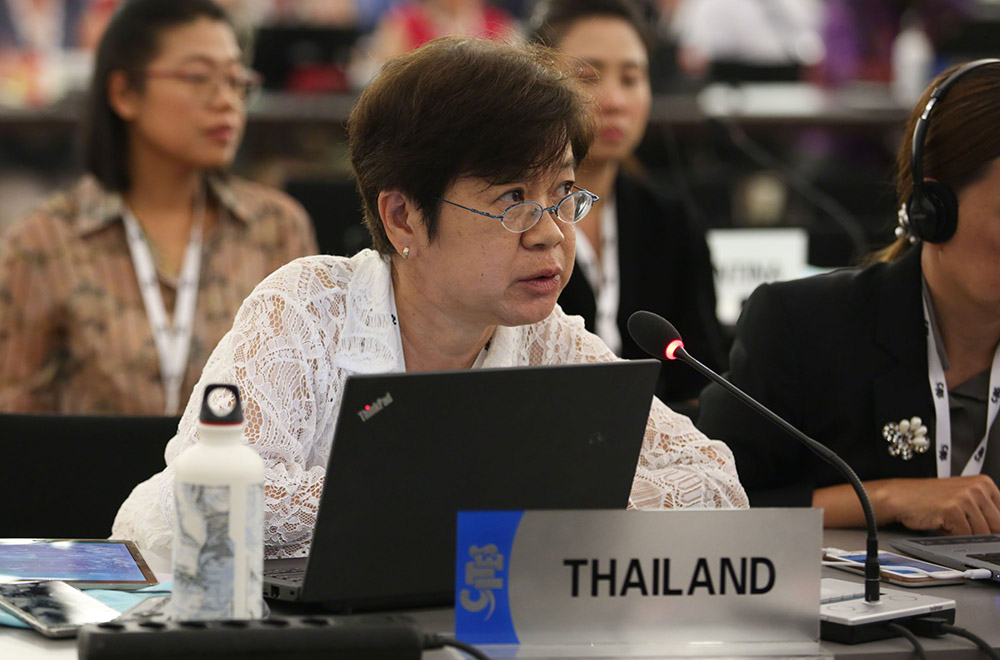
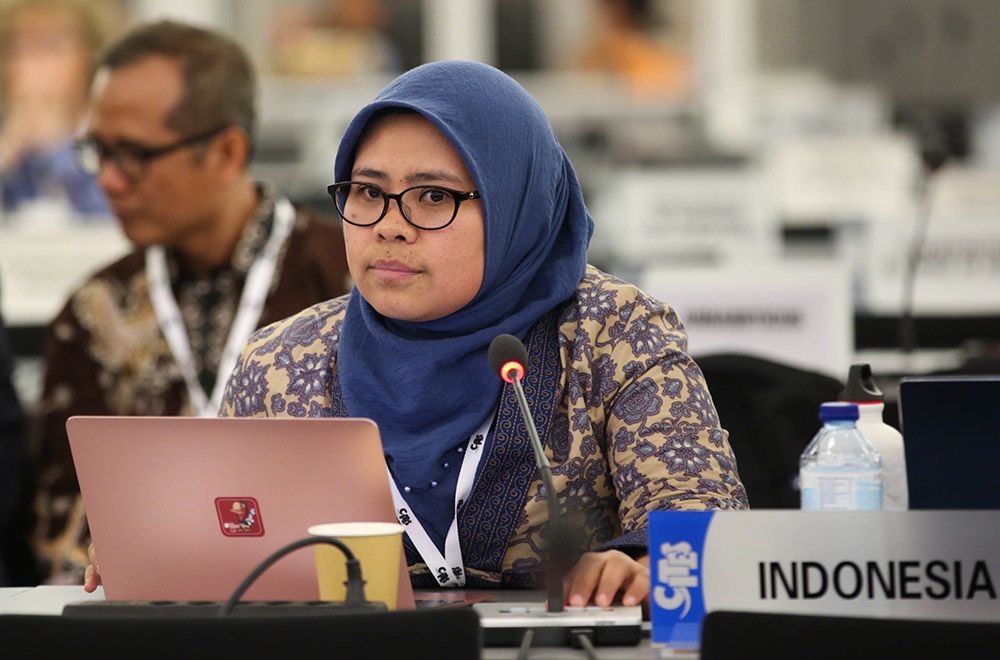



Around the Venue
